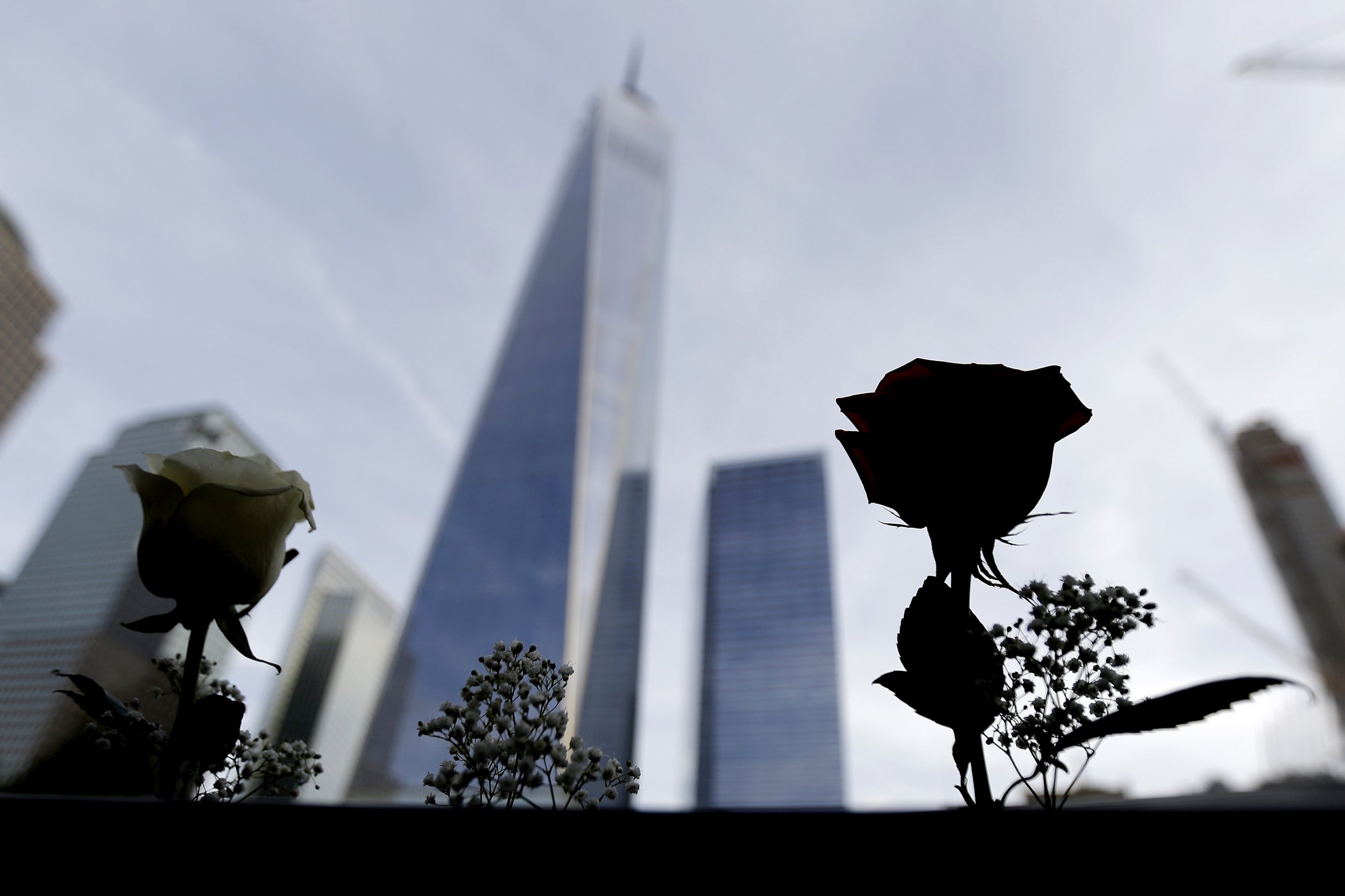
A group of United States insurers has hit 10 defendants, including Saudi banks and companies connected with the family of Osama bin Laden, with a $4.2 billion lawsuit over the 9/11 terror attacks. The lawsuit was filed Wednesday night in U.S. District Court in Manhattan by more than two dozen U.S. insurers affiliated with the insurance holding company Travelers Cos, reported Reuters.
The move follows a decision by Congress last September to override a veto by then-President Barack Obama and allow U.S. citizens to sue foreign governments.
Included among the defendants is National Commercial Bank, in which the Saudi government, through its Public Investment Fund, holds a majority stake. The bank is listed alongside Al Rajhi Bank, Saudi aviation firm Dallah Avco, Mohamed Binladin Co. and multiple charities.
The lawsuit accused them of having "aided and abetted" the attacks, which killed nearly 3,000 people when hijacked planes crashed into the World Trade Center, the Pentagon and a Pennsylvania field, through a variety of "activities in support of al-Qaeda" over a number of years. "But for the assistance provided by defendants, Al-Qaeda could not have successfully planned, coordinated, and carried out the September 11th attacks, which were a foreseeable and intended result of their material support and sponsorship of al-Qaeda," the lawsuit read.
The lawsuit, which seeks at least $1.4 billion of compensatory damages, triple damages as well as punitive damages, is just the latest legal move from the families of the victims of the deadliest terror attack ever on U.S. soil.
Congress' decision to pave the way for such action last year was the only successful override of an Obama veto during his eight years in office. And the passing of the Justice Against Terrorism Act (JATSA) was swiftly criticized by Obama, who said it would put U.S. officials in other countries in danger and subject to similar legal challenges.
It was also condemned by the Saudi government, which had long lobbied against such action.
"[It] is of great concern to the community of nations that object to the erosion of the principle of sovereign immunity, which has governed international relations for hundreds of years," read a statement from the government at the time. "The erosion of sovereign immunity will have a negative impact on all nations, including the United States."
Last month, Saudi Arabia's energy chief expressed hope that President Donald Trump would reverse the law.
"We believe after due consideration by the new Congress and the new administration, that corrective measures will be taken," Energy Minister Khalid al-Falih told The Wall Street Journal.
Uncommon Knowledge
Newsweek is committed to challenging conventional wisdom and finding connections in the search for common ground.
Newsweek is committed to challenging conventional wisdom and finding connections in the search for common ground.
About the writer
Jason Le Miere is from the British island of Jersey, which has absolutely no relation to the Garden State, other than ... Read more
To read how Newsweek uses AI as a newsroom tool, Click here.






